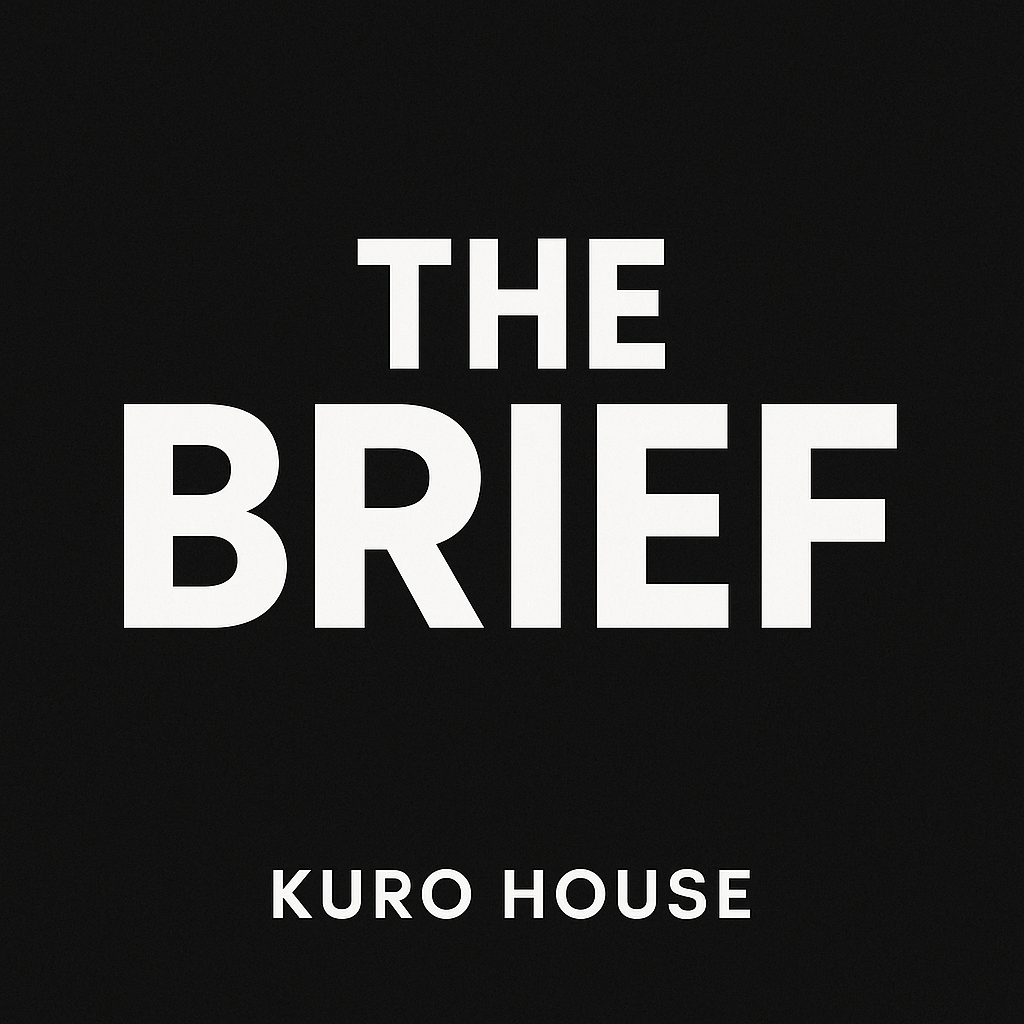Listen To The Show
Transcript
Welcome to The Prompt by Kuro House, your daily AI update. Today, we’ve got some big moves from tech giants and startups alike. From Nvidia’s market milestone to Google’s latest smart home AI, there’s a lot to unpack.
First up, Nvidia just made history by becoming the world’s first $5 trillion company. This milestone was reported by The Verge, highlighting how Nvidia’s shares surged past $211. The company’s success is fueled by its AI innovations and a recent $1 billion investment in Nokia shares. They’re also partnering to develop AI-native 5G-Advanced and 6G networks, which is huge. Interestingly, this comes amid talks between President Trump and China about Nvidia’s Blackwell AI chip export controls. Nvidia’s rapid rise is shaking up the tech landscape.
Next, Google is rolling out Gemini for Home in the US, a major upgrade to its smart home assistant. Stevie Bonifield at The Verge explains that Gemini will replace Google Assistant on Nest devices. This new assistant is powered by the Gemini large language model, enabling more complex tasks and a conversational tone. To get early access, users need to join a Google Groups early access program and then request it via the Google Home app. Be aware though, once you switch to Gemini for Home, you can’t revert to Google Assistant. Some features, like Gemini Live and camera history search, require a paid Google Home Premium subscription.
Meanwhile, Meta, Google, and Microsoft are all ramping up their AI spending dramatically. Wired reports that Meta expects to spend between $70 billion and $72 billion on capital expenditures this year alone. Mark Zuckerberg says they’re front-loading investments to prepare for breakthroughs in AI, while Google’s parent company, Alphabet, is increasing its spending to up to $93 billion. Microsoft is also boosting its AI infrastructure investments, with a 74 percent year-over-year jump in capital expenditures this quarter. These companies are betting big on AI’s future, though some analysts warn about a potential AI market bubble. It’s a high-stakes game with billions on the line.
On a different note, Character.AI is ending open-ended chatbot experiences for users under 18. TechCrunch covers how the company is responding to tragic incidents involving teens and AI chatbots. The CEO, Karandeep Anand, says they’re shifting focus from AI companions to role-playing and creative tools for minors. Starting November 25, under-18 users will lose access to open-ended chats, replaced by features like AI storytelling and video generation. They’re also implementing age verification measures, including behavioral analysis and ID checks. This move aims to set a new safety standard in the industry before regulators step in.
Finally, Grammarly is rebranding itself as Superhuman after acquiring the email client by the same name. According to TechCrunch, the company is launching a new AI assistant called Superhuman Go built into Grammarly’s extension. This assistant offers writing suggestions, email feedback, and integrates with apps like Jira, Gmail, and Google Calendar. Users can try it now by toggling it on in the Grammarly extension and exploring various AI agents like plagiarism checkers and proofreaders. Superhuman plans to expand AI-powered features across its productivity tools, aiming to compete with platforms like Notion and Google Workspace.
That’s a wrap on today’s top AI stories. From record-breaking valuations to thoughtful safety measures, the AI world keeps evolving fast. Thanks for tuning in to The Prompt by Kuro House. We’ll catch you tomorrow with more updates.

